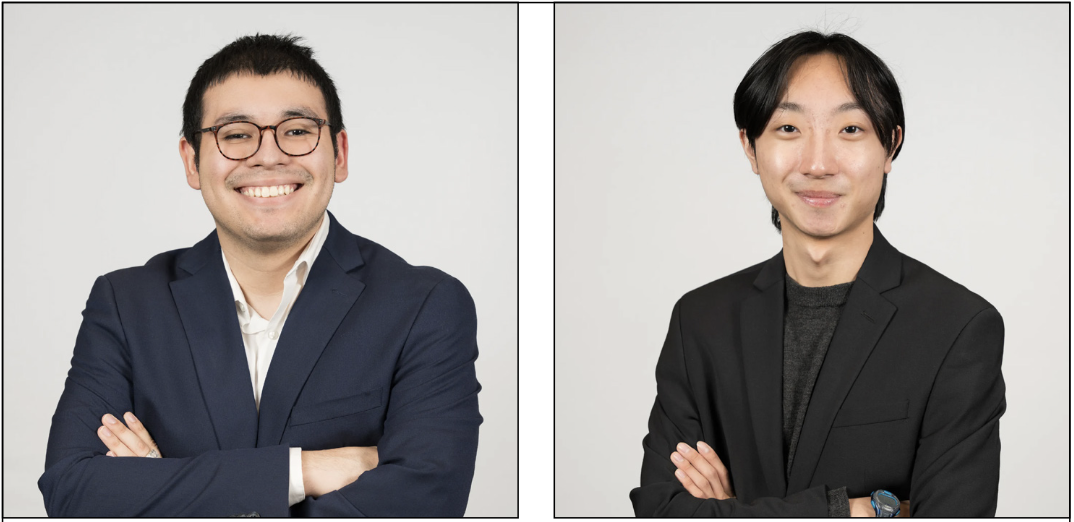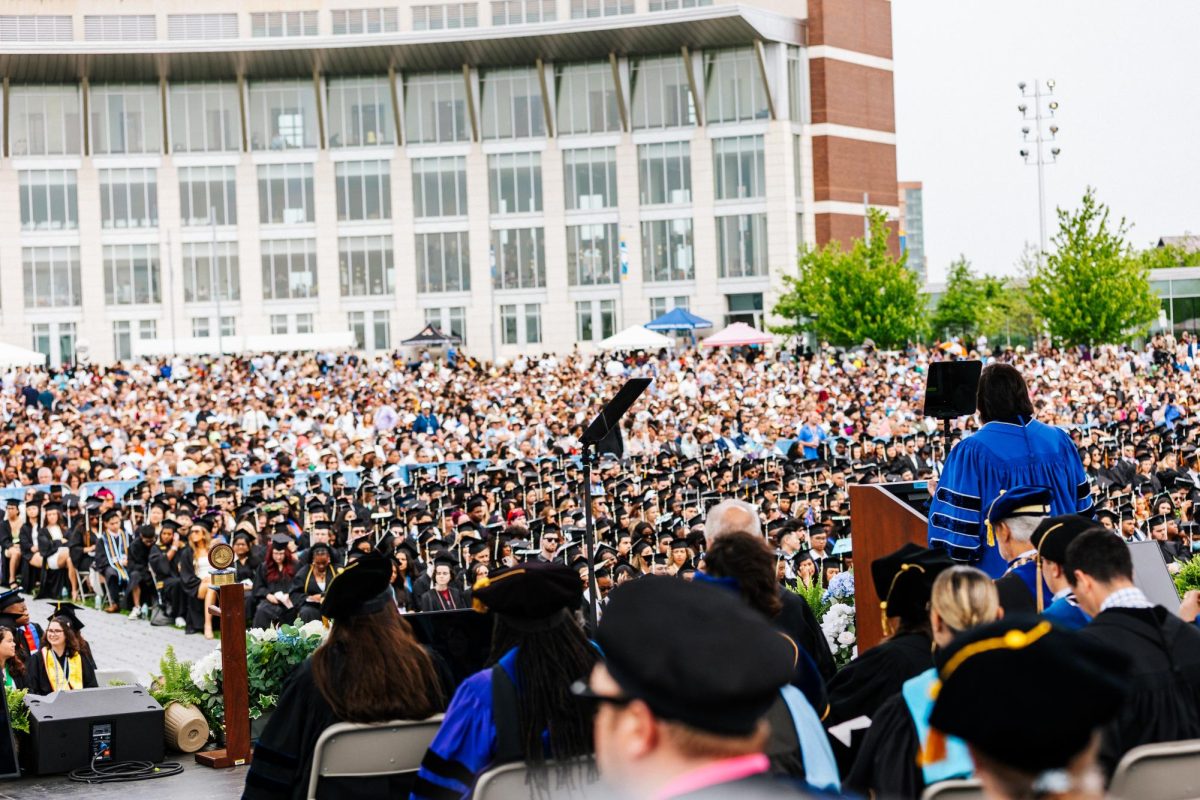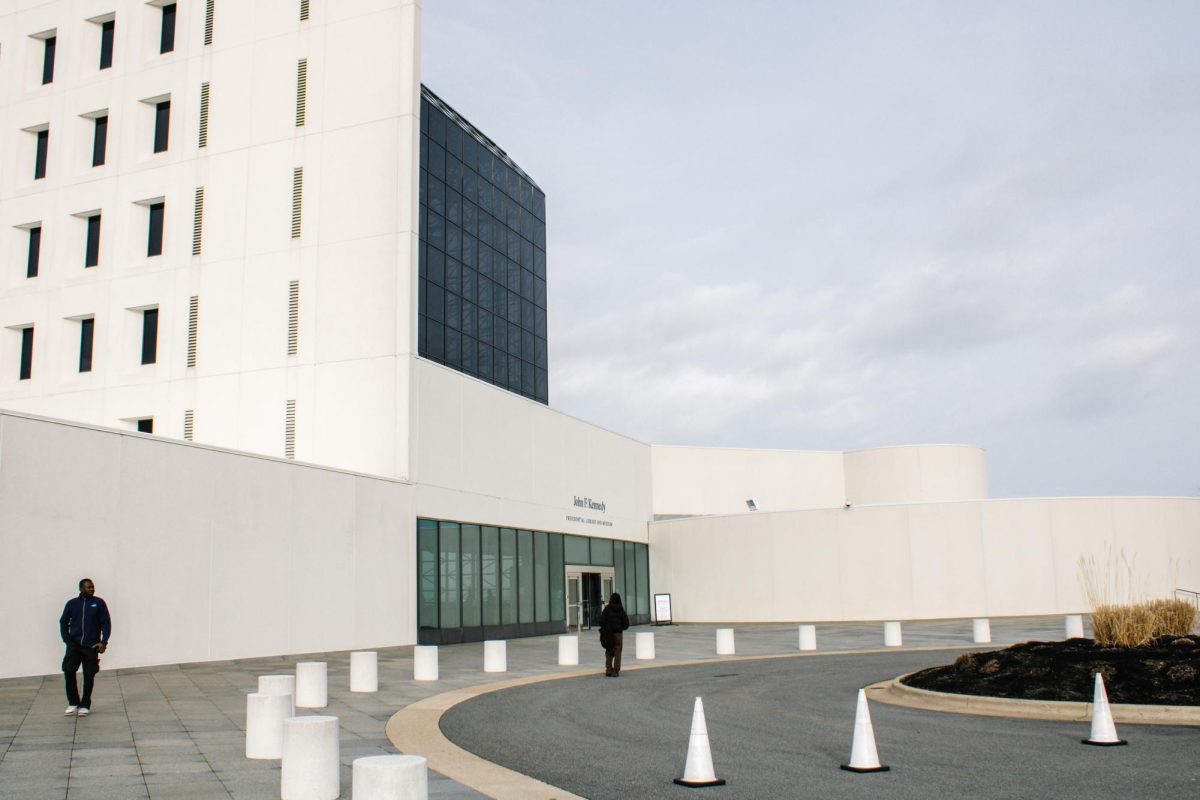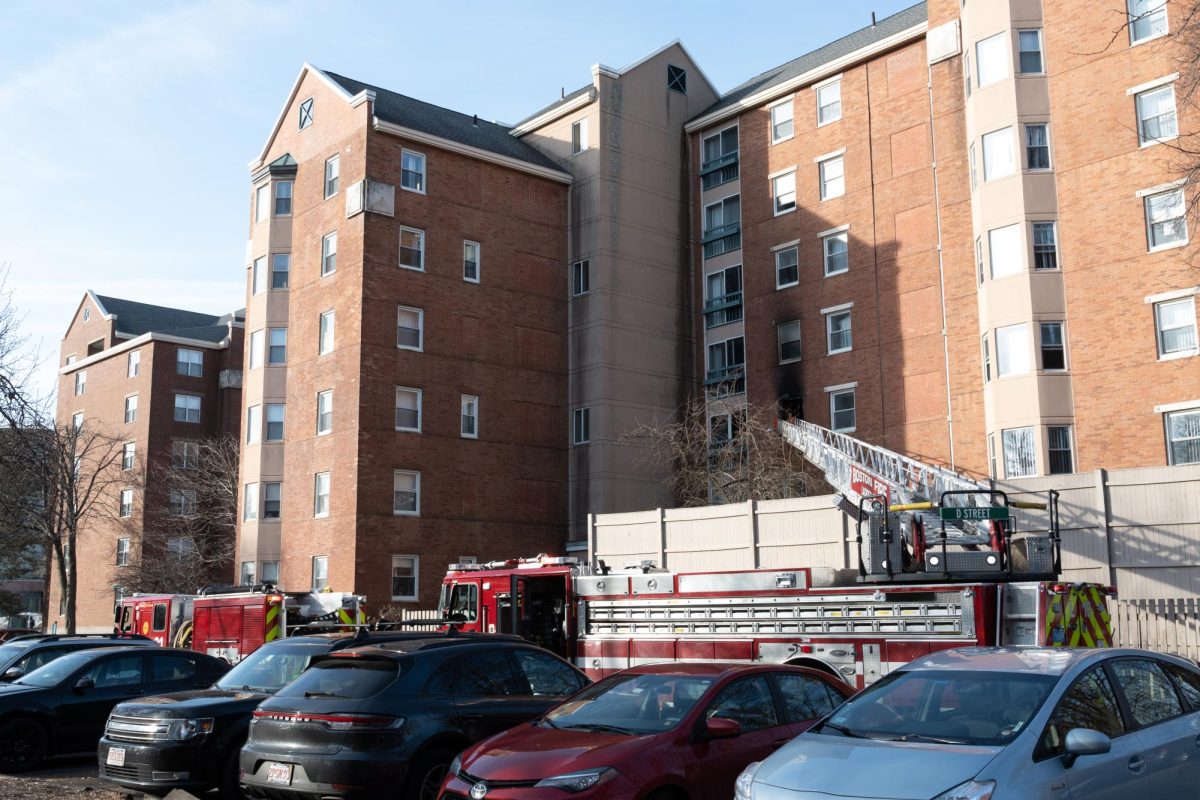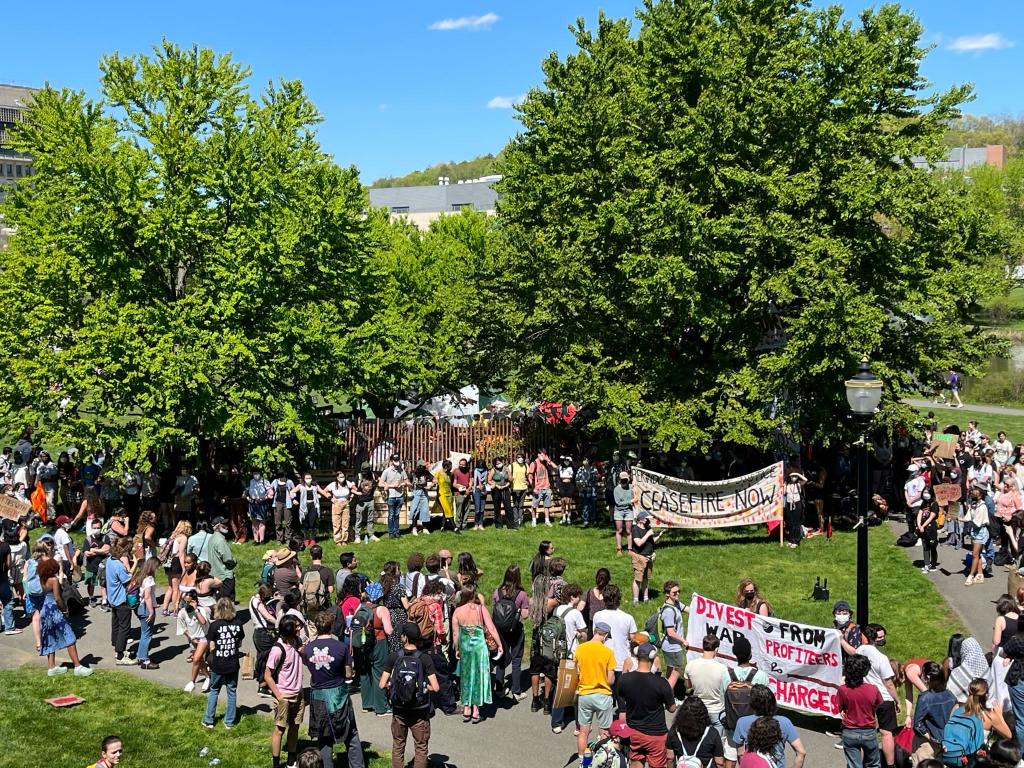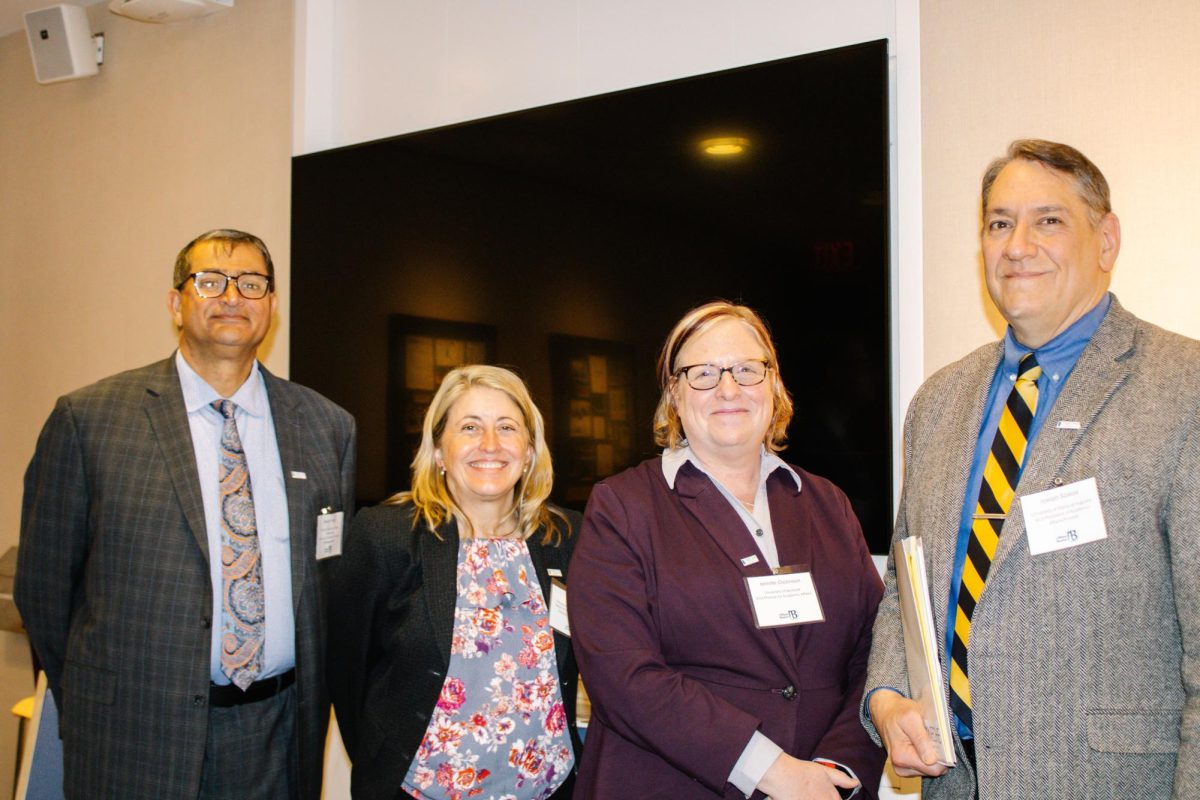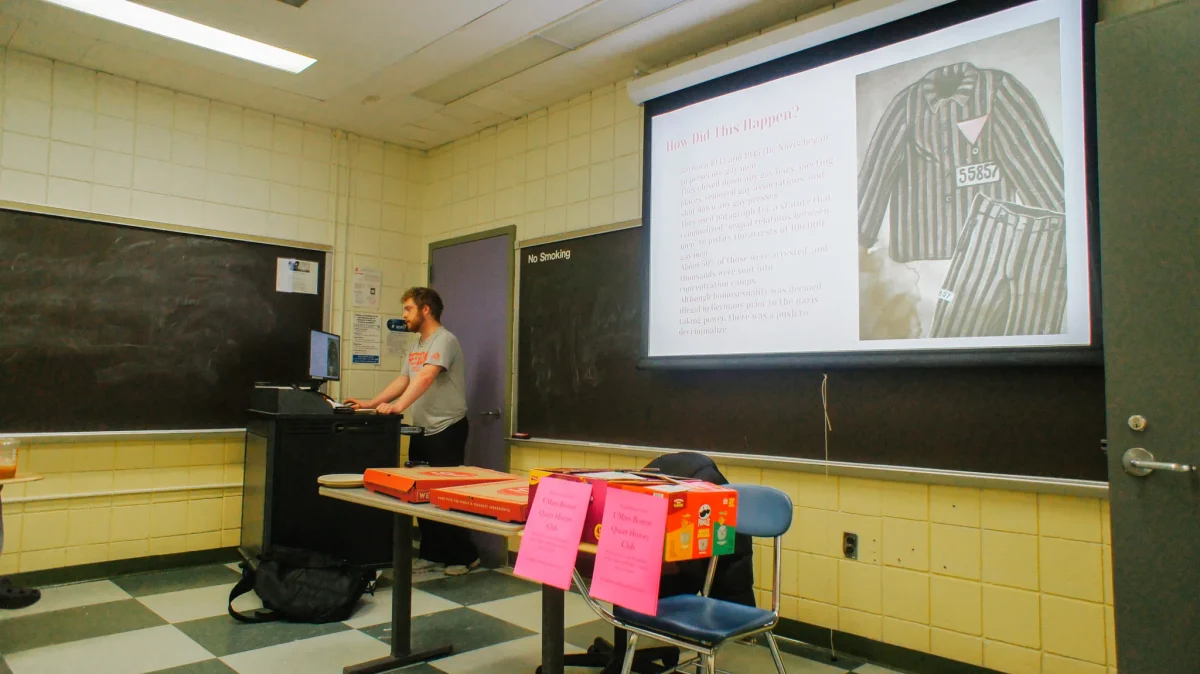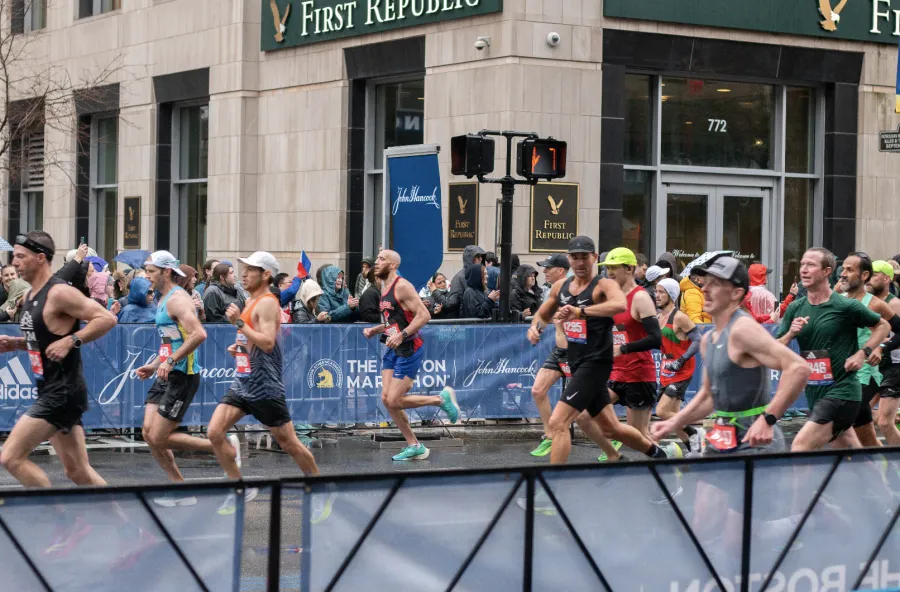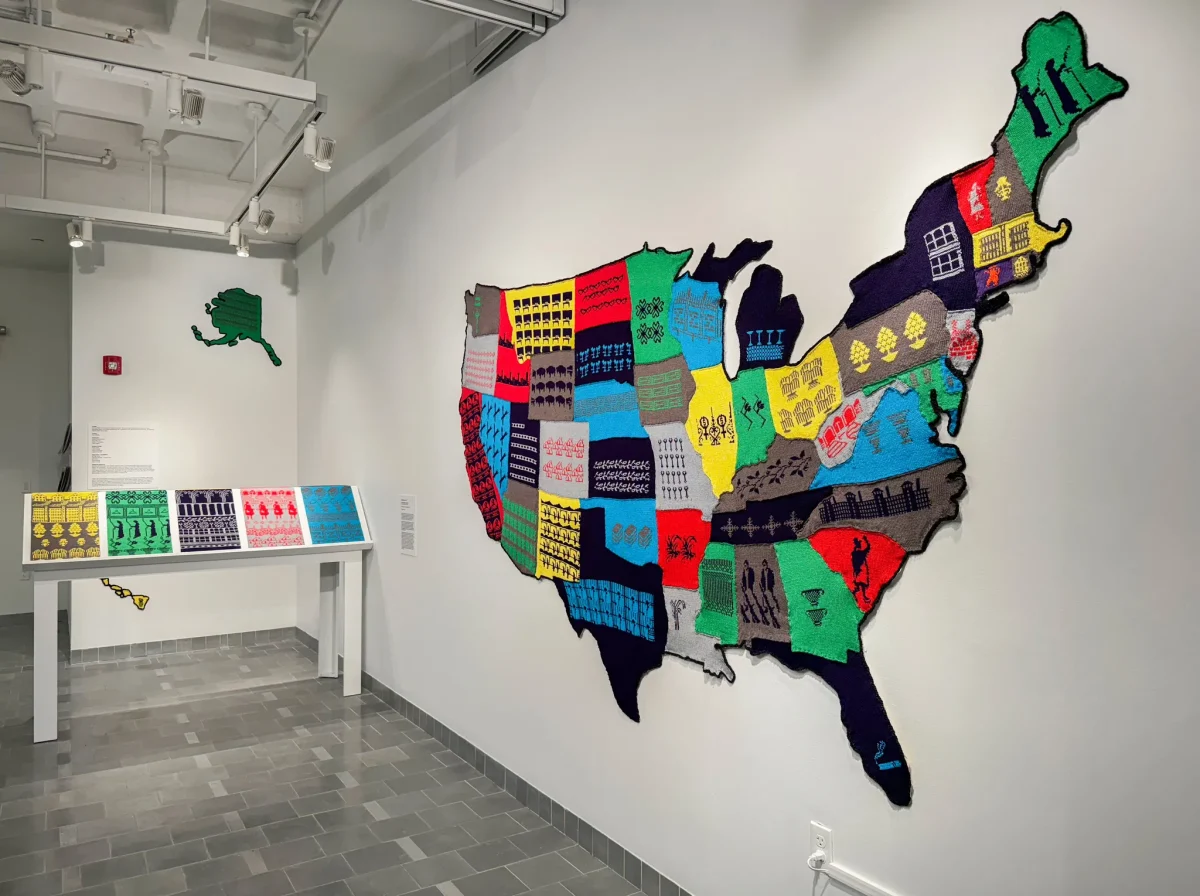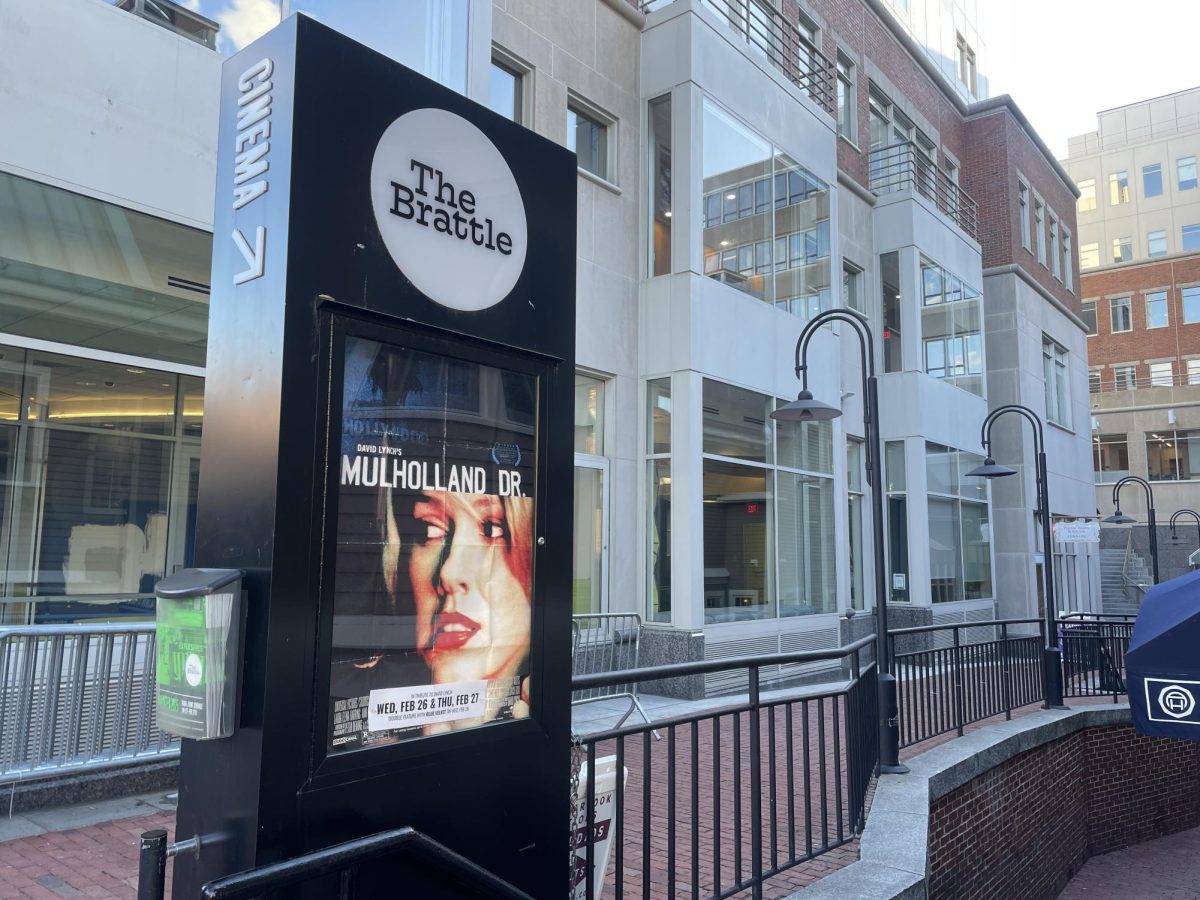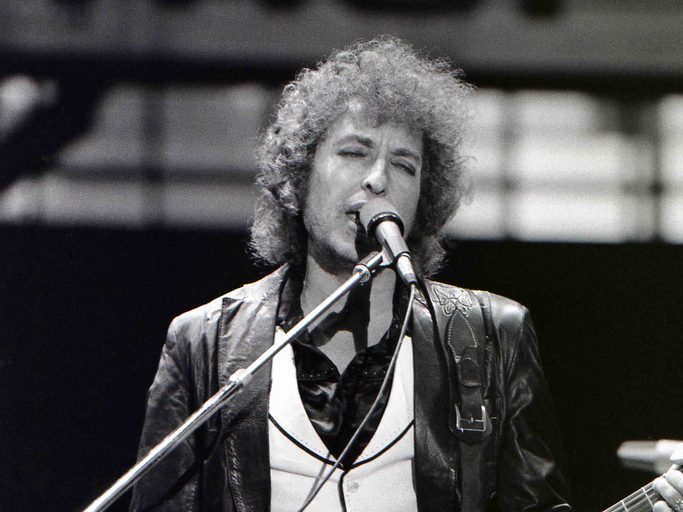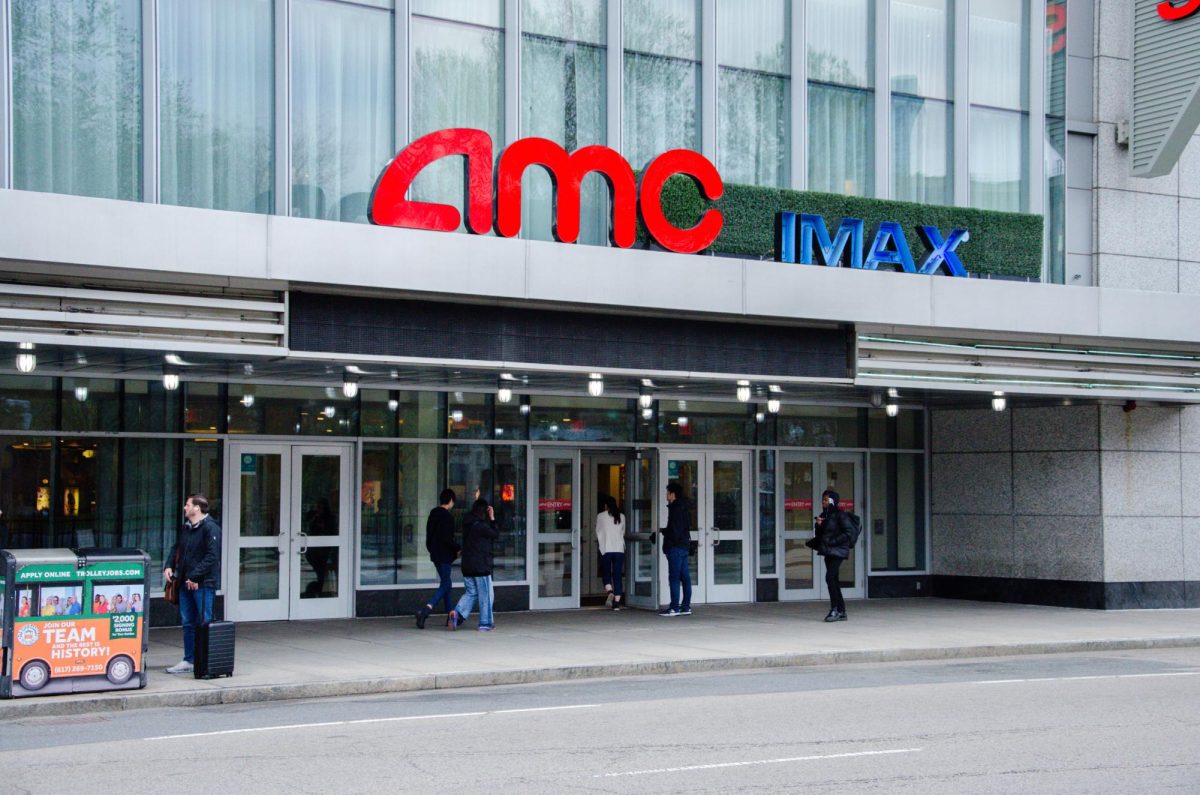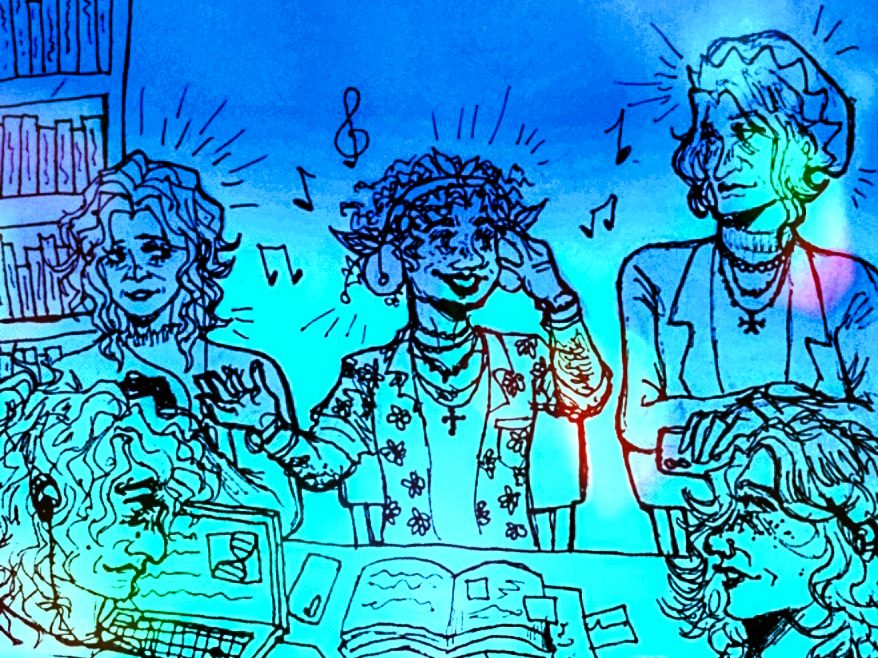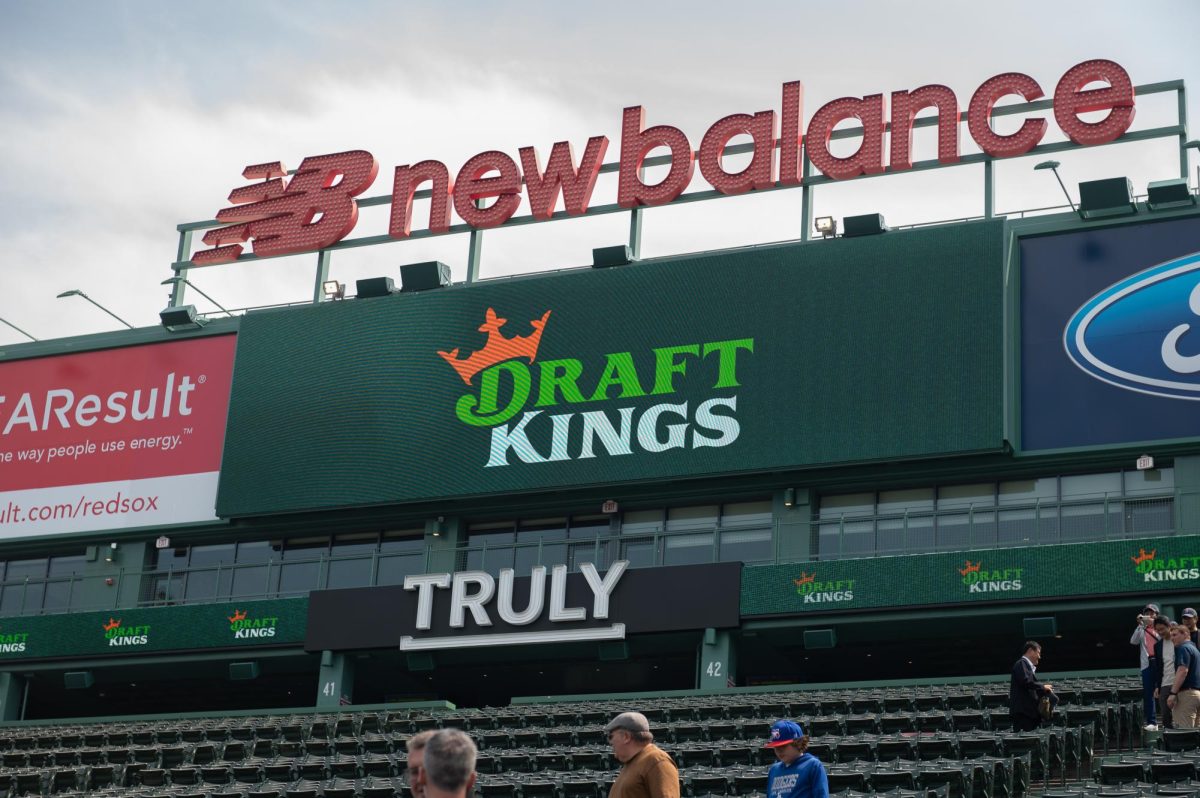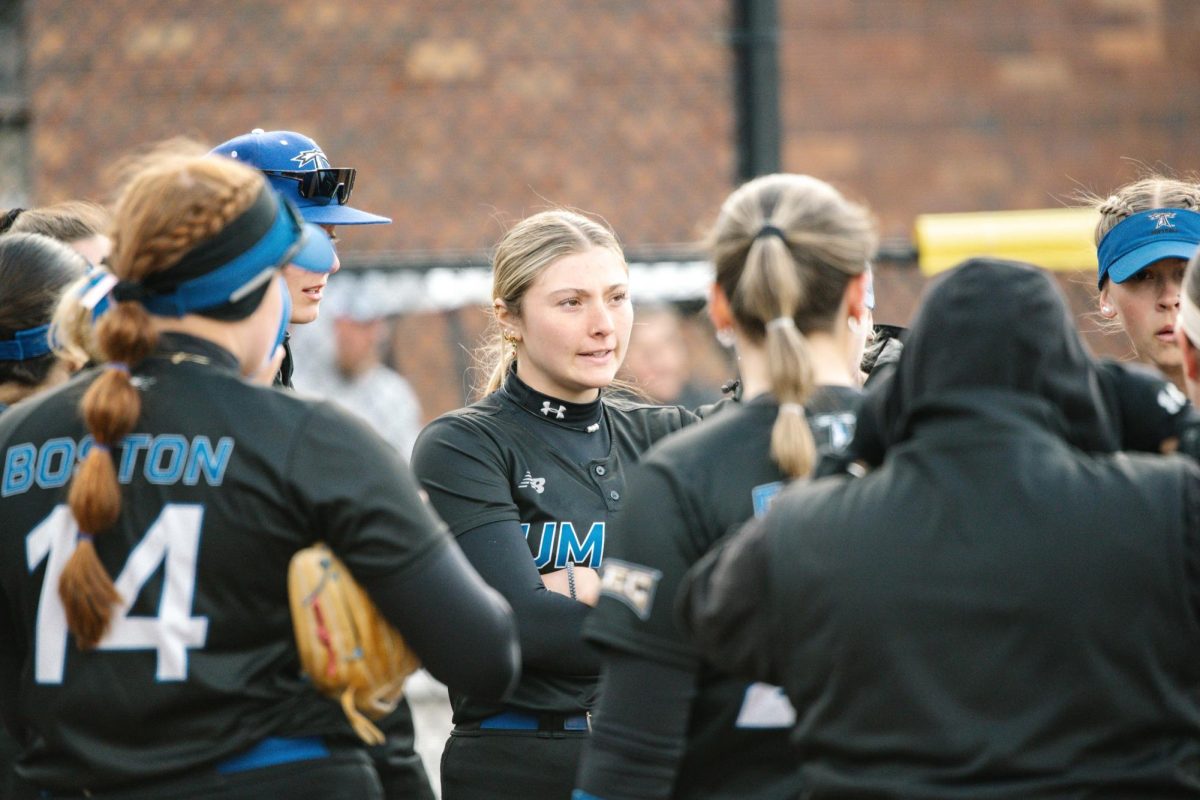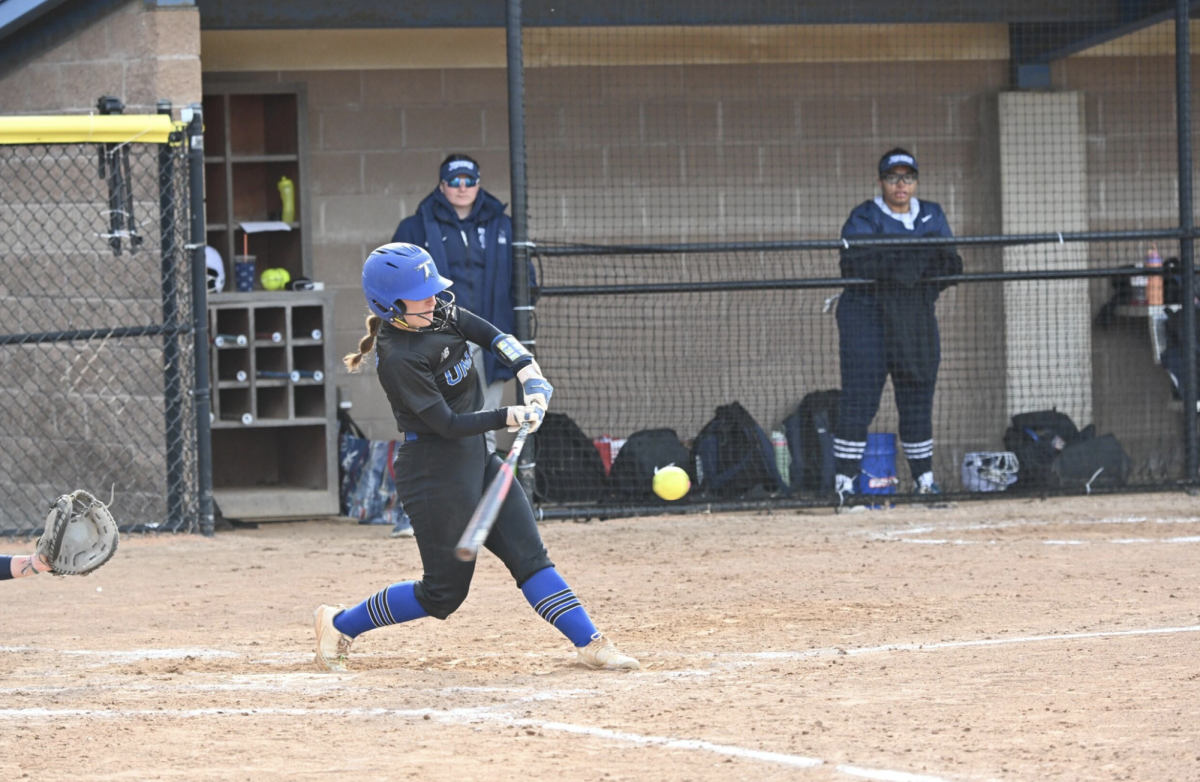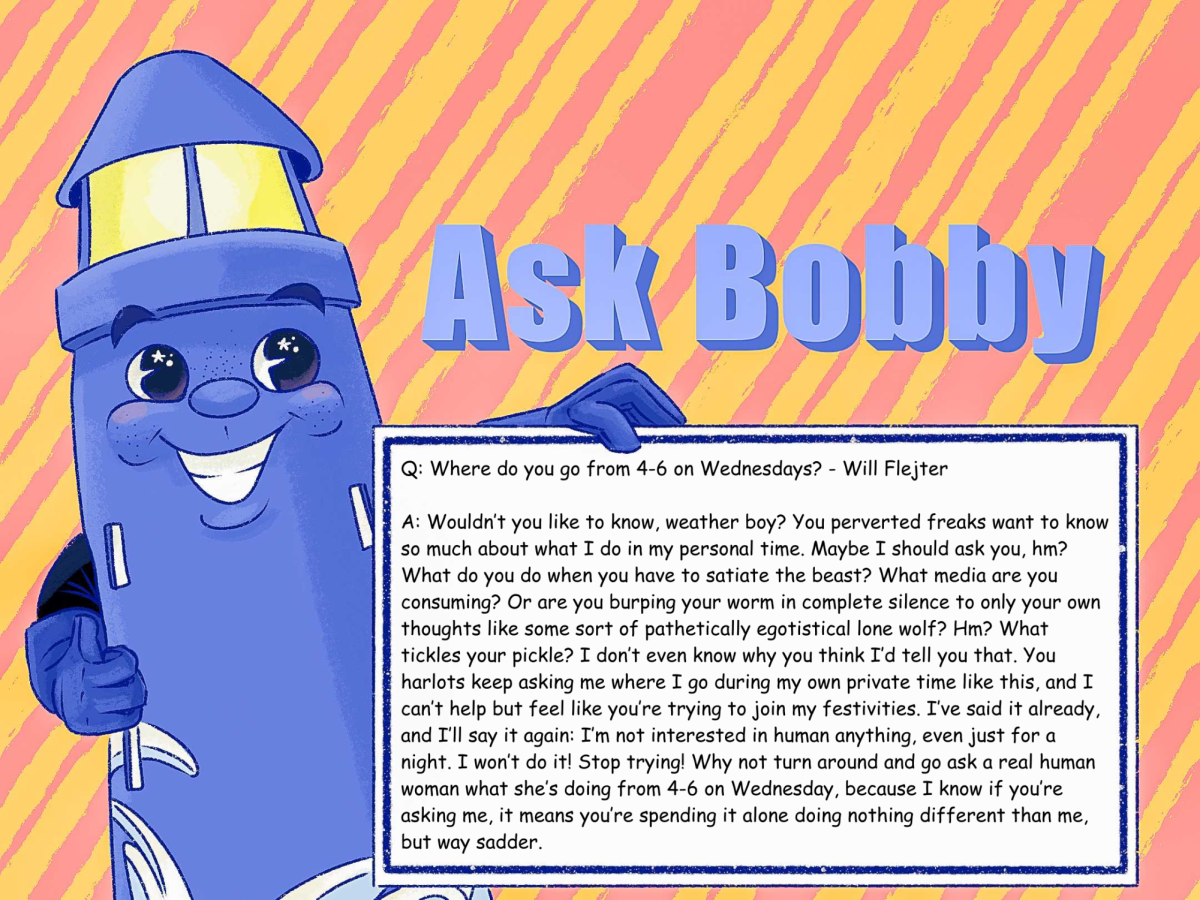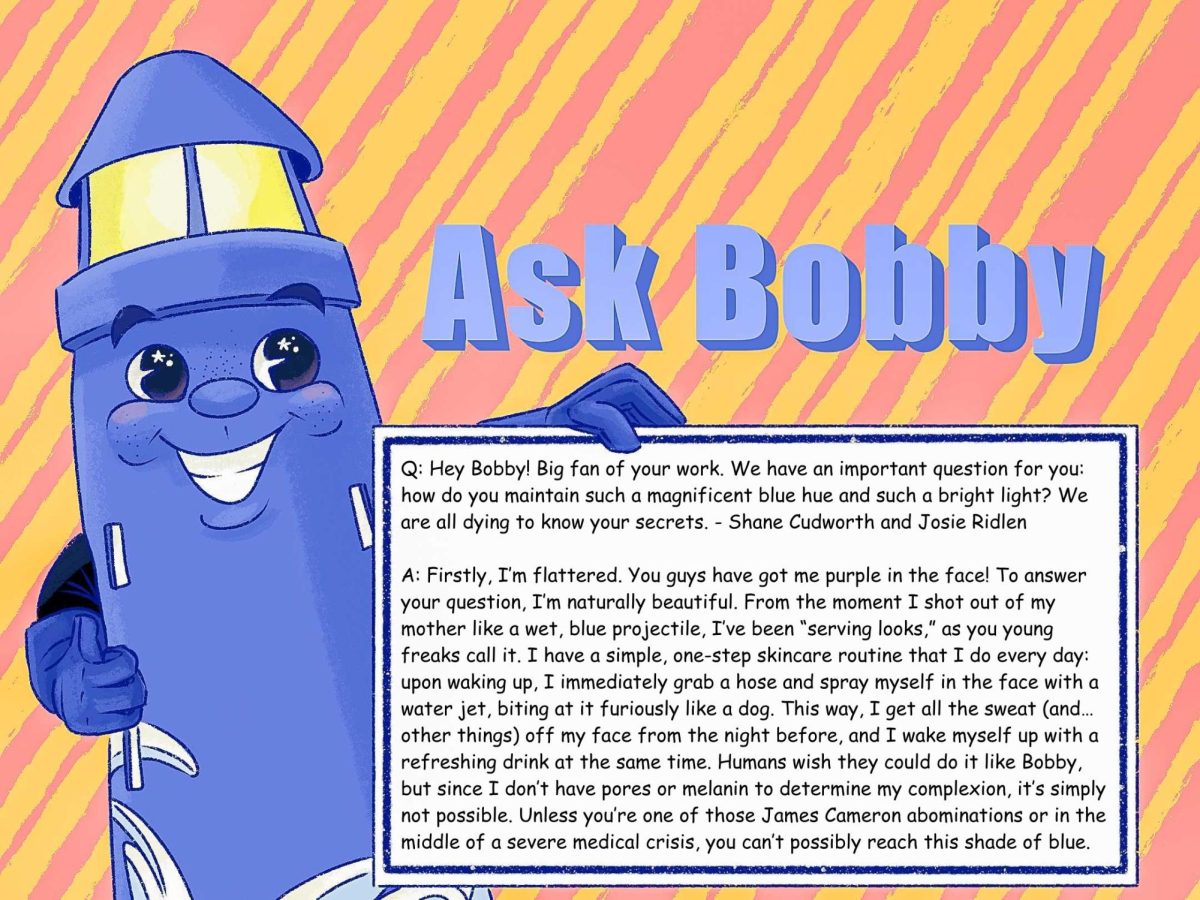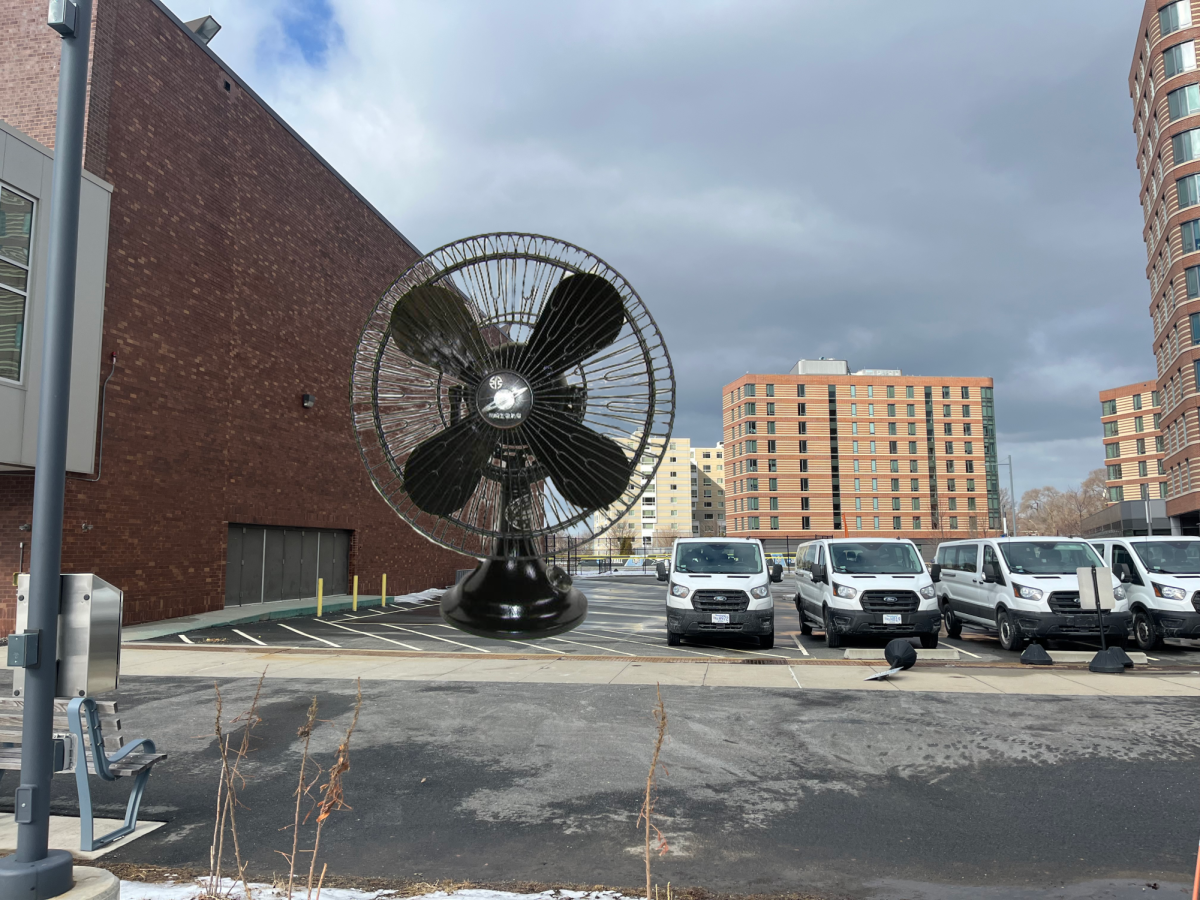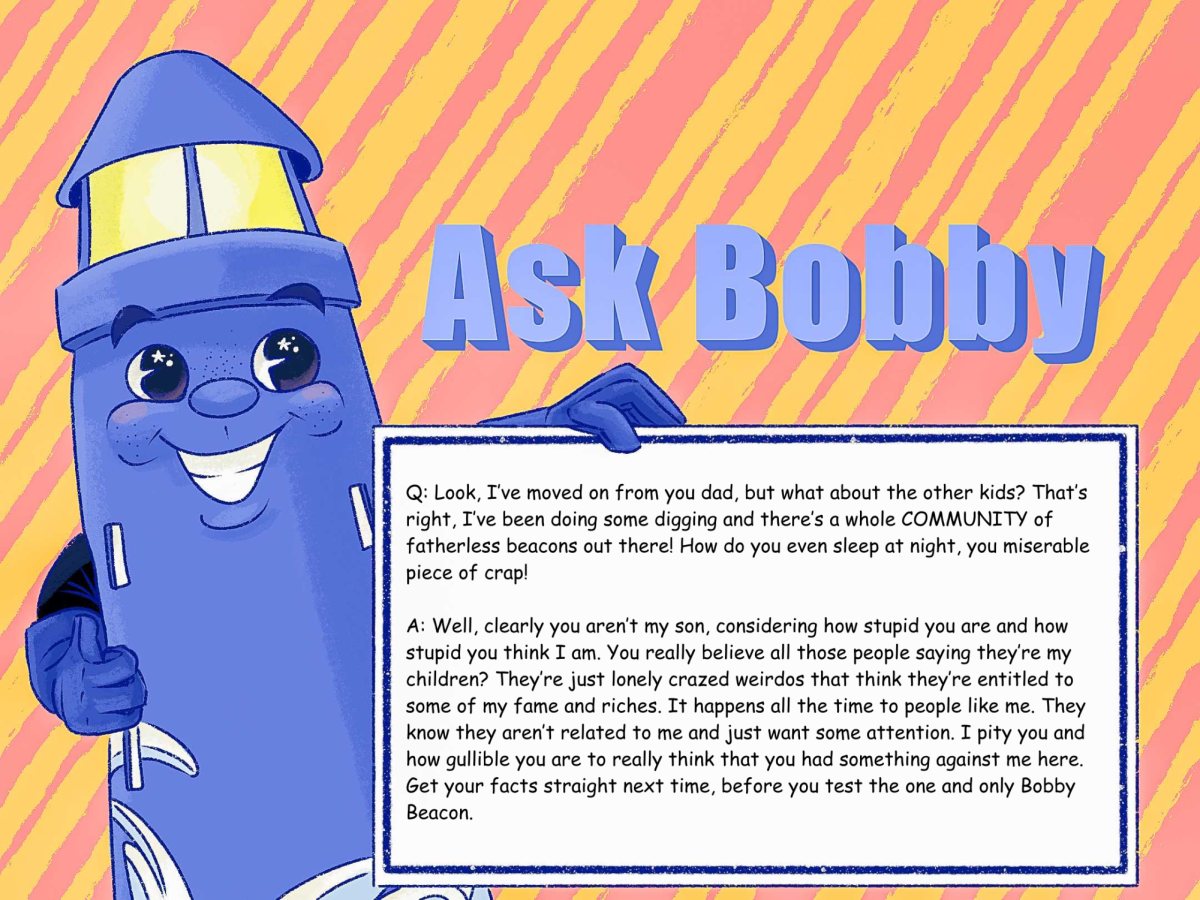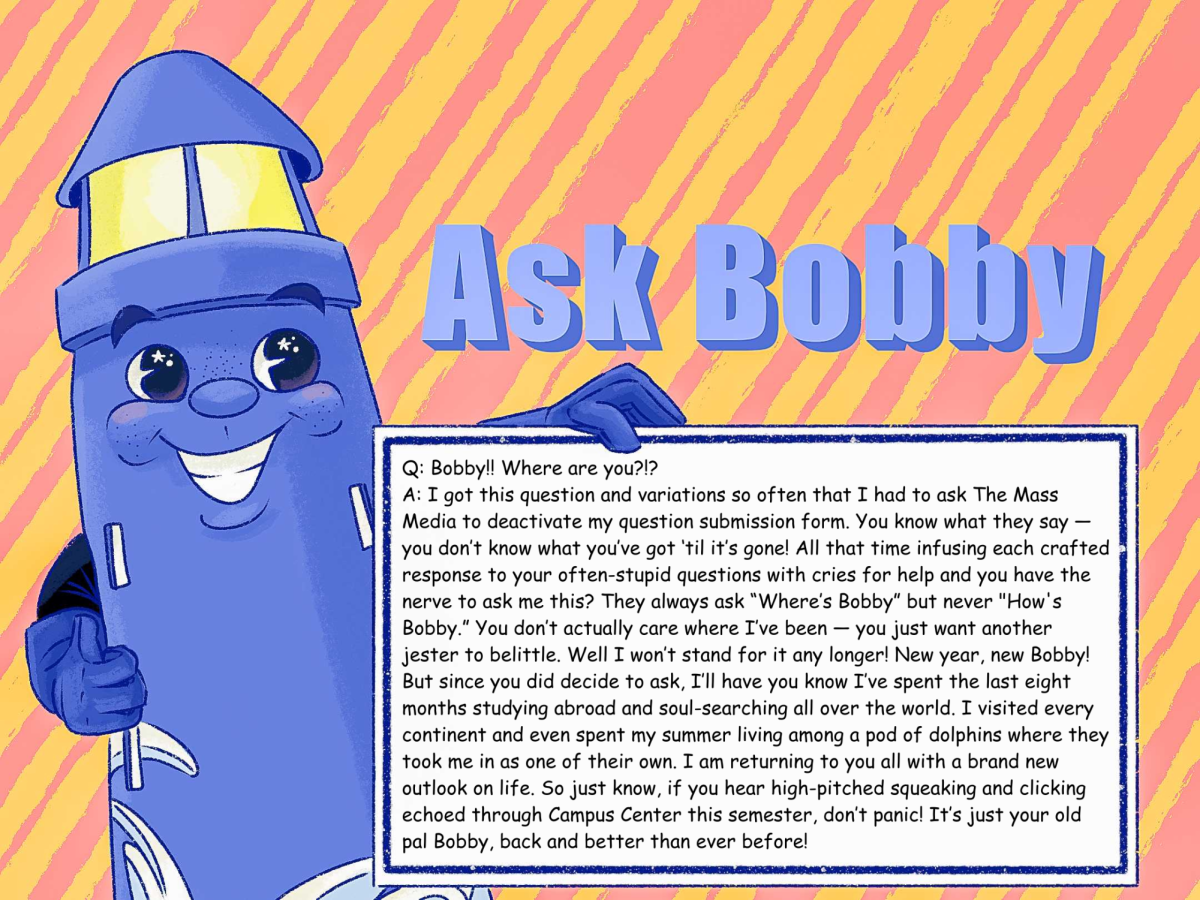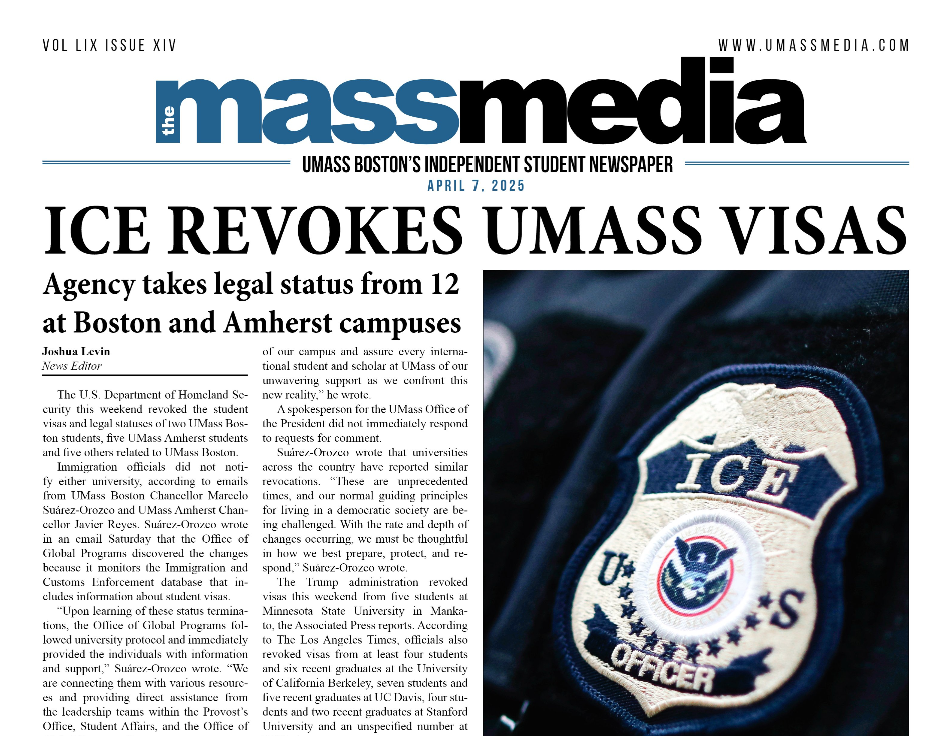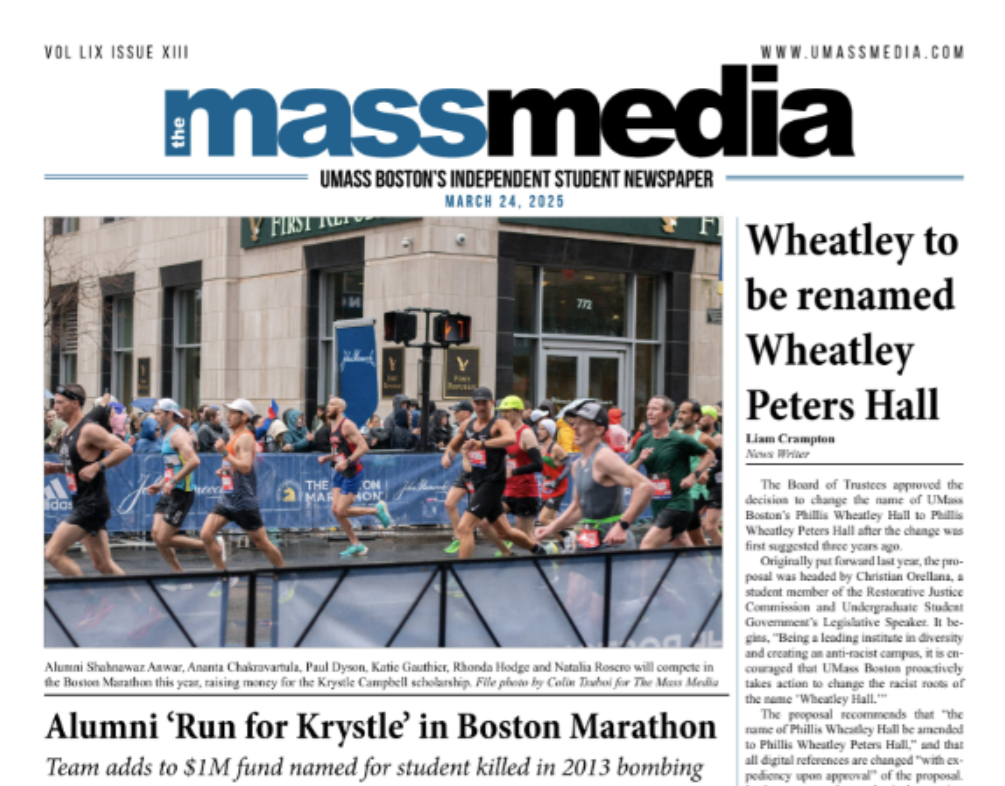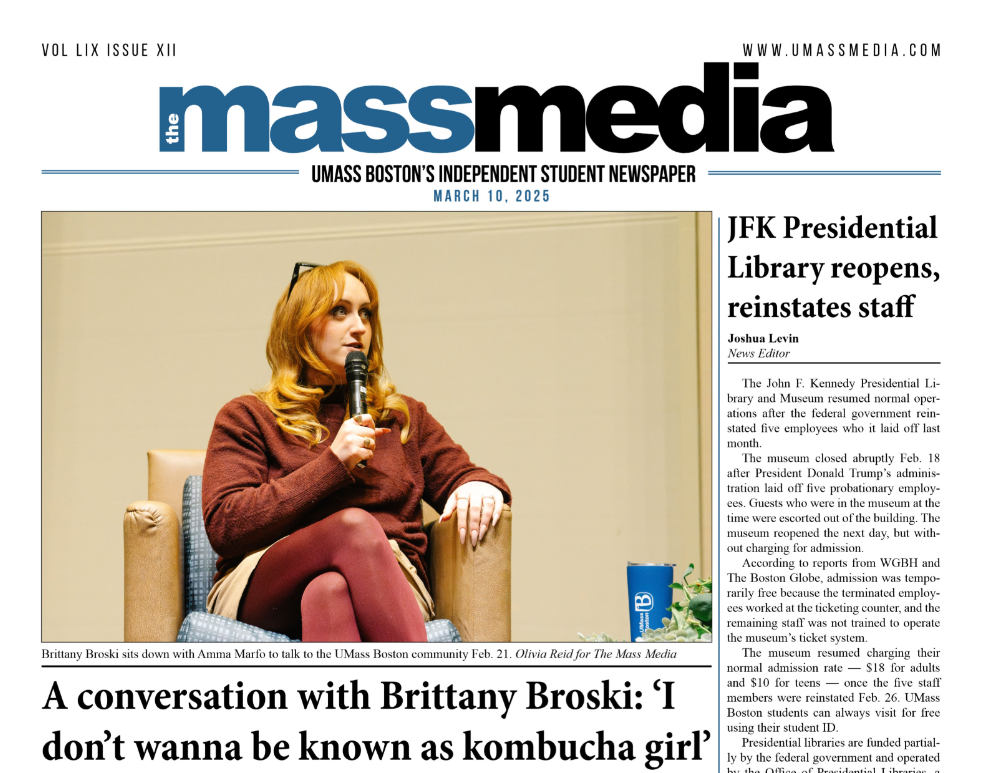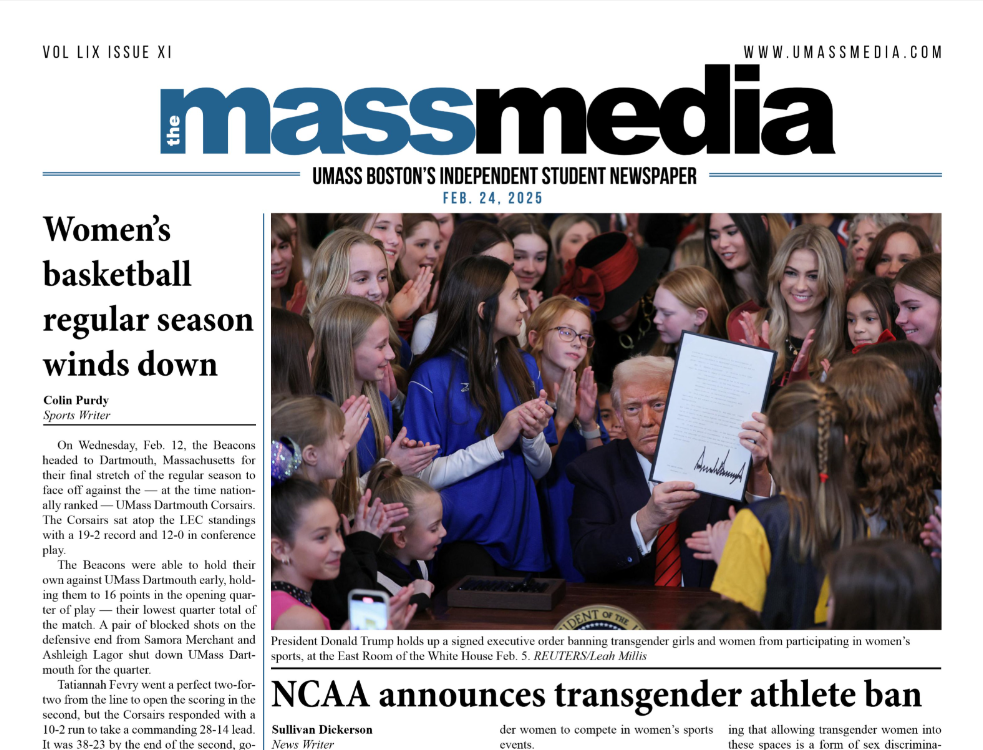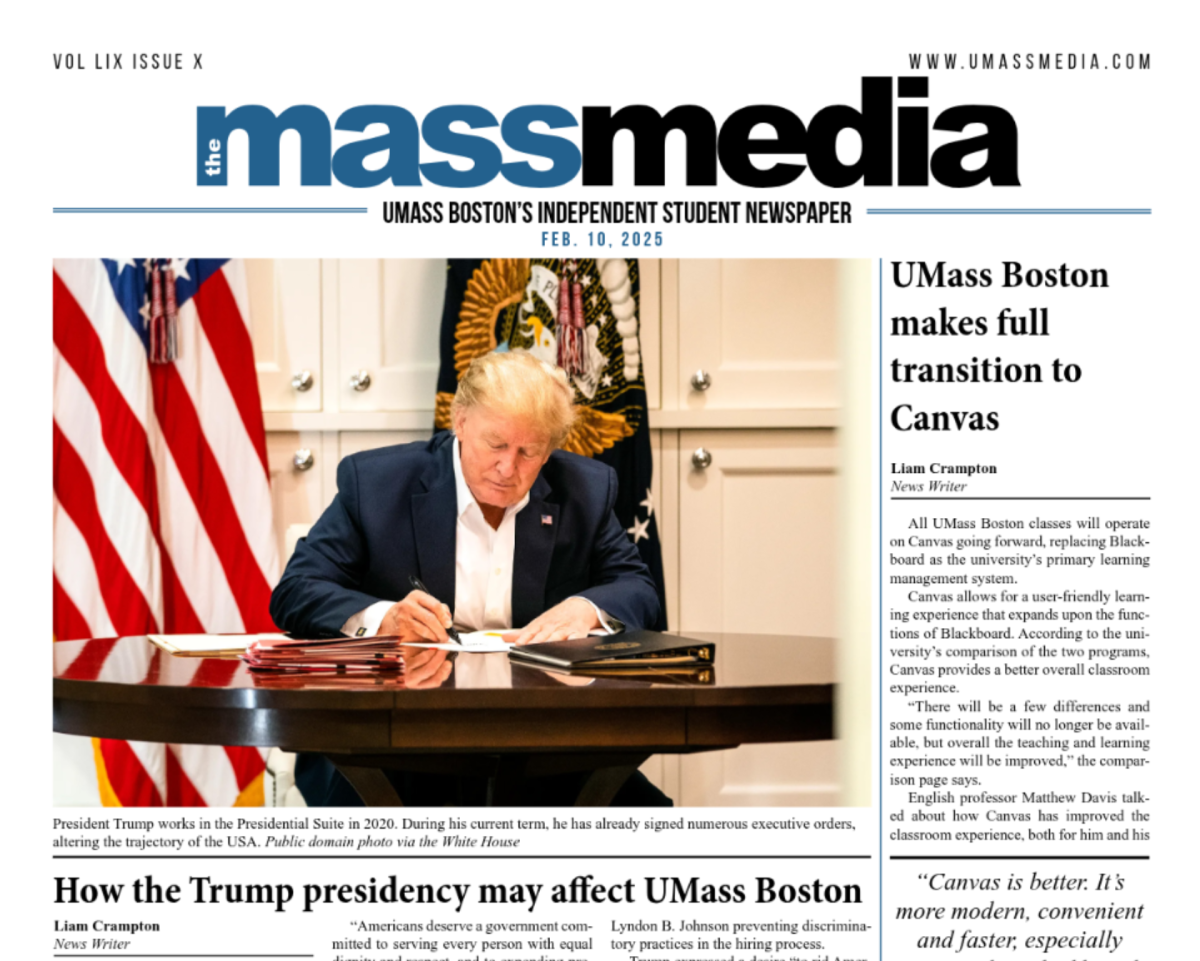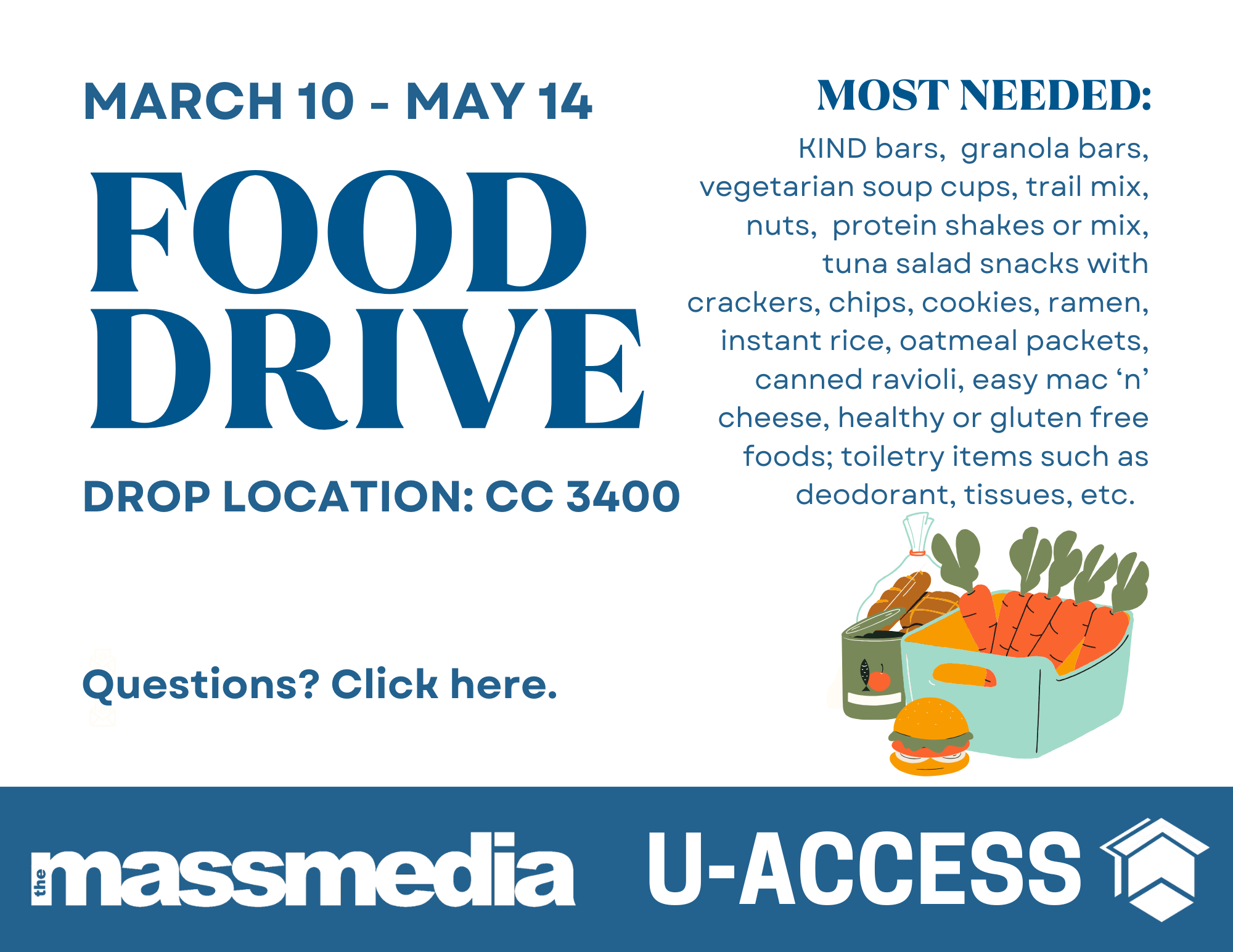“Clean Sweep” Reaches Out
February 20, 2002
University Health Services is now offering to help students clean up their lives. This coaching program, called “Clean Sweep,” aims to show students how to “free up energy for their studies” by making small changes in four areas of their lives: physical environment, health and environmental balance, money, and relationships.
Linda Jorgenson, who introduced “Clean Sweep” to UMB, explained that the program is self-paced, free, and very flexible. It can take from three minutes to 36 months to complete, but the average is three to 36 months to complete. “The way that ‘Clean Sweep’ works is the person takes a 100-item questionnaire, called an inventory, which is comprised of 25 questions about four areas of their life. Then we help the person devise a plan that works towards completing a score of 100,” Jorgenson said, continuing, “The program begins at an individual or group orientation session, then the participant can touch base with a coach if they want. It can be done individually, but works best with support, such as the buddy system.” Eventually, Jorgenson hopes to move the inventory to the Internet so that even more UMB students will be able to benefit from the program.
“Clean Sweep” is based on a coaching method rather than a counseling method, Jorgenson stressed. She explicated that the difference lies in the coaching method’s focus on the present and future, rather than the past. Coaching is also more action than psychologically-oriented, and helps people to set concrete, clearly-understood goals by helping to identify where they stand in their lives today, where they want to be, and developing a plan to achieve whatever they ultimately want to accomplish.
Jorgenson stated, “‘Clean Sweep’ utilizes life planning concepts and tools to look at things we tend not to always think of in a concrete way. The goal of the program is to identify, using the inventory, what an individual’s tolerances, or things that bother us but we usually put up with, are and set about completing them. In the end, it frees up energy that is taken up by unfinished business and little things that build up to a lot of stress.”
The “Clean Sweep” program, which comes from a company called Coachville, promises to result in three achievements. It claims, “You will have more energy and vitality, you will increase your scores just by being in the program, and you will gain perspective on who you are, where you are, and where you are going.”
Jorgenson, who is attending Coaching U., commented that the idea to bring “Clean Sweep” to UMB “just occurred to her.” She described that the Health Center’s focuses on drug and alcohol awareness, through the PRIDE program, and health promotion, through programs such as meditation and yoga, are now being enhanced through stressing health education and outreach. Coaching is an effective means of carrying out this emphasis because “it doesn’t require a lot of intervention. It can be done individually, even over the phone, or in a group setting. This is good at a university like UMB, a commuter campus, where students don’t have time to meet with someone,” Jorgenson said.
“Spring is a good opportunity for renewal. Once we’re able to imagine things for ourselves, we unconsciously work towards them. Why not set goals for ourselves?” Jorgenson concluded. For more information on the program, contact her at Health Services at 617-287-5680 or Linda.Jorgenson@umb.edu.


